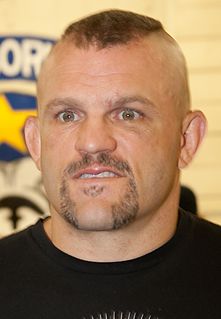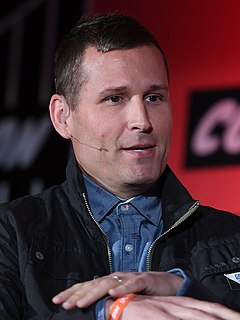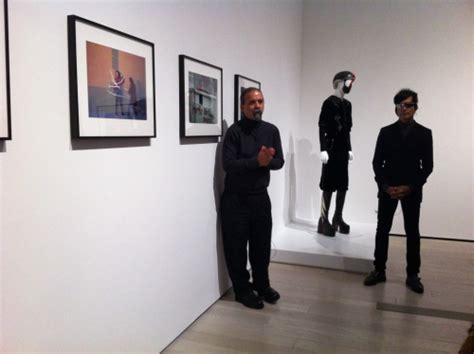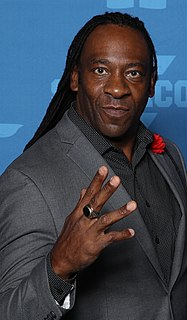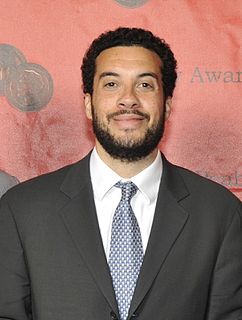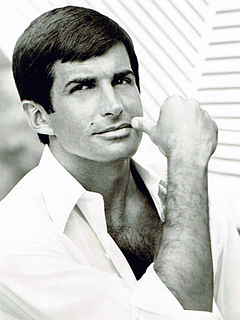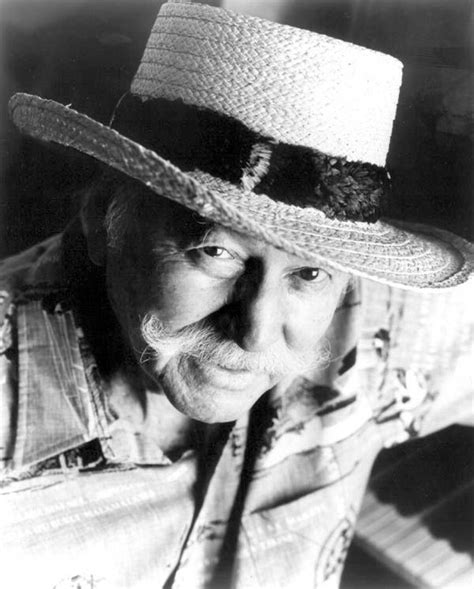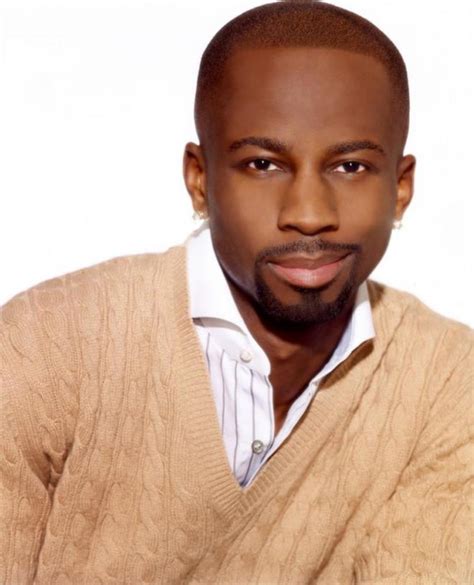A Quote by Dion DiMucci
I left Columbia in the mid-'60s. I had a guaranteed contract for, like, $100,000 a year. And I just let it go. And I wasn't a rich man. There were a lot of bad vibes around the whole thing.
Related Quotes
The fifties were pretty rebellious, a pretty rebellious period, around that time. And it was preceding the whole zoot suit thing which I think really contributed to a lot of anxiety, to a lot of frustration, a lot of blaming. And it just like boom, it was very destructive for us as a people, that right away put us on like we had to defend ourselves on every level, every moment. We seemed like we always had to be on guard.
O.J. Simpson was primarily interested in O.J. His rise to fame in the late '60s coincided with the period where black athletes were more outspoken and political than in any era. You're talking about the generation of black athletes that came about after Jackie Robinson. Athletes after that were just happy to find a place in sports. But when you got to the mid-'60s, you had athletes like Jim Brown and Muhammad Ali, who were very outspoken on the issues of race and civil rights.
I remember a meeting I had at MGM. It was at the end of their reign. They say we have you under contract, and because you’re under contract, we’d like to you to work. I said, well, that seems fair. But if it’s a really good movie, they were going to give it to a particular actor that was not under contract. The bottom line was they were going to pay you more if it was a bad one and pay you less if it was a good one.
Jim Jones started out as a civil rights crusader in Indianapolis. As a young preacher in the mid-50s, he used members of his congregation to integrate lunch counters and all-white churches in rich neighborhoods; they'd just march in and sit down at the pews and see what happened. Often they were received with racist insults, and once with a bomb threat. But the fact that you had this charismatic, white man, aggressively promoting racial equality, was a huge draw for African Americans, many of whom felt the Civil Rights Movement had stalled by the late 60s.
I felt like Twitter was more of a place for people to just socialize instead of promoting. After I got off, I realized I could have used that energy and that lane to really promote some positivity. I had 35,000 followers before I left. I was like, "Damn those were 30,000 consumers." It kind of twisted my whole thought process so I got back on. I realized that I have a voice that people wanted to hear.
The whole ecosystem of celebrity has broken down for writers. If you go back to the '50s, '60s, and '70s, writers were on TV a lot, and they were allowed to misbehave a lot. Truman Capote was a pop figure, but it wasn't until he went on David Susskind's show and had that extraordinary voice and manner that everyone could imitate, that he really took off as a figure. Norman Mailer and Vidal, the same thing. The bestselling writers now, there's no great animal energy with them.

